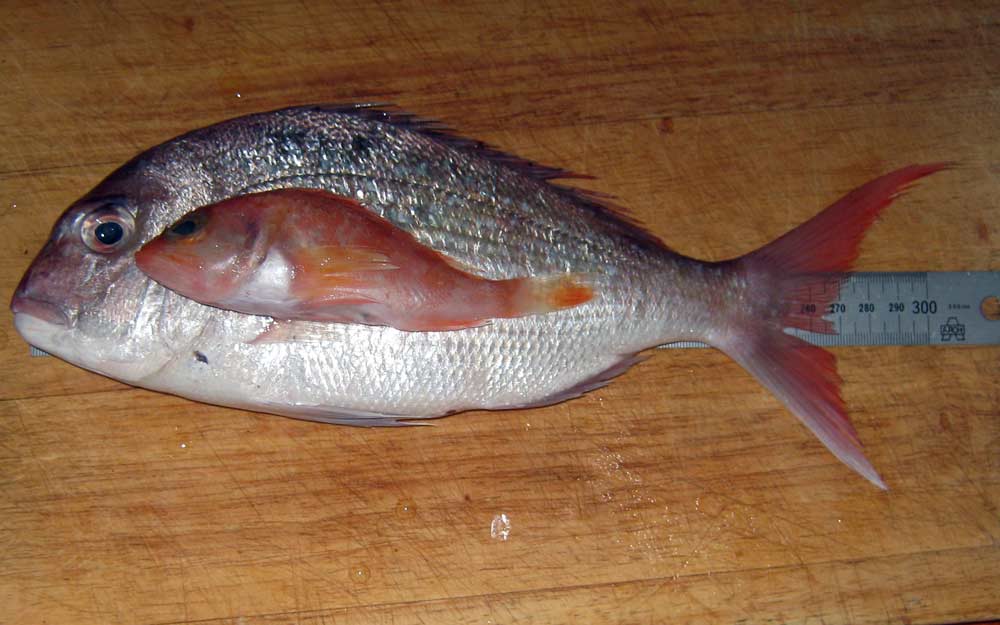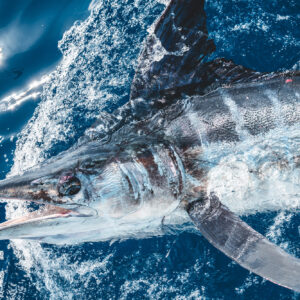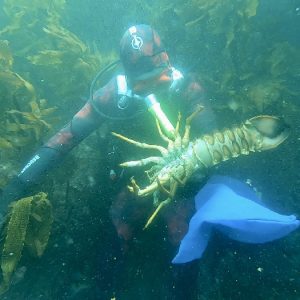Dining at a food court in the city guarantees a range of flavours and types of food to suit your appetite. On the dark side, at some of these eateries there are small fish legally available for sale. Often these fish are surrounded by a tasty sauce and gleefully consumed by hungry customers with little thought given to where they came from.

LegaSea has been campaigning to protect small fish from exploitation for many years. Juvenile fish are the adults of tomorrow and we must protect them if we want healthy stocks in the future.
There is also the matter of size differentials. There are 11 finfish species that have a minimum legal size limit and for some species that size limit is different depending on who you are. Snapper caught on the northeast coast by a commercial fisher only has to be 25cm, for recreational fishers the minimum size limit is 30cm. There is no commercial minimum size limit for red gurnard so all catch must be landed however, a 25cm limit applies to recreational catch.
This all adds up to an inequitable situation where a fish that can be landed legally by commercial fishers would, in the possession of a recreational angler, be illegal. And depending on the circumstances, that illegal possession could lead to a fine or confiscation of an offender’s boat. For people who have English as a second language this must very confusing.
How can it be okay to buy and eat small fish from the retailer yet it’s not okay for them to catch their own fish of the same size and enjoy that? It is hypocritical of fisheries managers to ignore this duplicity.
If we consider this scenario in terms of the recent proposals from Fisheries New Zealand to remove all commercial minimum legal size limits it becomes even more concerning. That is because there are poor records of how many small fish are currently caught and killed using conventional gear so any shift to an open season on small fish will have untold impacts.
LegaSea continues to advocate for conventional bulk harvesting methods such as trawling, purse seining and Danish seining be phased out of inshore waters to protect vulnerable habitats and juvenile fish.
In March this year LegaSea and the New Zealand Sport Fishing Council worked with a number of organisations to coordinate a comprehensive response to the Ministry’s proposals. In our submission we highlighted the reality that removing minimum size limits will not change the incentive for commercial fishers to sort and discard part of their catch to earn the best economic return. Ultimately money talks.
If we are serious about making meaningful progress towards an ecosystem based management system for the future, we need to start now. We can begin that process by protecting the animals and organisms susceptible to indiscriminate and wasteful harvesting methods.
More info
Fisheries Change programme – Full submission
Submission summary – One pager





